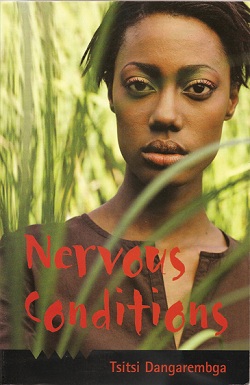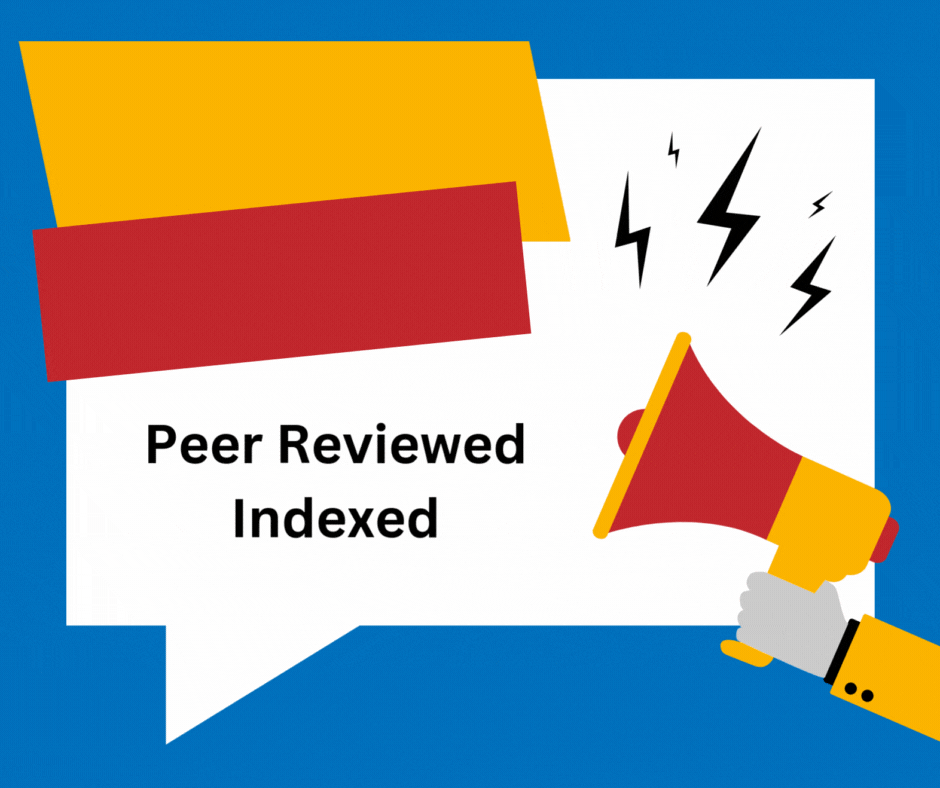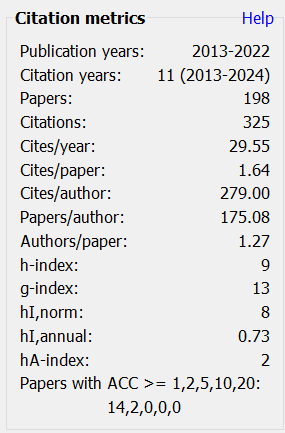The Pains of Colonialism
Examining Tsitsi Dangarembga’s novella Nervous Conditions (1988)
DOI:
https://doi.org/10.5958/2347-6869.2018.00001.8Keywords:
Nervous Condition, Native, Africa, Zimbabwe, School, Colonial, Colonized, EducationAbstract
The condition of a native is a nervous condition.
(From the introduction to Fanon’s The Wretched of the Earth)
Tsitsi Dangarembga is an African novelist and filmmaker from Zimbabwe. Nervous Conditions (1988) was her first novella after her 1987 play She No Longer Weeps. Her works usually have a feminist purview. However, the particular work would be scrutinized from a colonial lens.
As a student of comparative literature, I found this text worthy of study. It gave me an insight into a completely different culture from mine. Africa and India share many similarities in relation to tribal culture, orature and community-based living. Also, since we both were co-sufferers in our shared struggle against colonialism, therefore this piece was found apt to be taken up. It is a quest to find out how their colonial experience differed from ours by deeply analyzing the text. The stance taken would be of the twenty-first century post-colonial Indian student.
DOI: 10.5958/2347-6869.2018.00001.8
Downloads
Metrics
References
Dangarembga, T., & Daniel, S. (1988). Nervous conditions (p. 61). London: Women's Press.
Fanon, F. (1965). The wretched of the earth. Translated [from the French] by Constance Farrington.
Guillén, C. (1993). The challenge of comparative literature. Cambridge, Mass./London.
wa Thiong'o, N. (1985). The language of African literature. New Left Review, (150), 109.

Downloads
Published
How to Cite
Issue
Section
License
Copyright (c) 2018 Saloni Walia

This work is licensed under a Creative Commons Attribution-NonCommercial 4.0 International License.
Revised Copyright/CC license that applies to all the articles published after 05-02-2017
Attribution-NonCommercial 4.0 International (CC BY-NC 4.0)

Copyright/CC license that applies to all the articles published before 05-02-2017
Attribution-Non Commercial-No Derivatives 4.0 International (CC BY-NC-ND 4.0)

Author(s) will retain all the right except commercial and re-publishing rights. In the case of re-publishing, they will have to obtain written permission from the journal. Additional licensing agreements (Creative Commons licenses) grants rights to readers to copy, distribute, display and perform the work as long as you give the original author(s) credit, they can not use the works for commercial purposes and are not allowed to alter, transform, or build upon the work. For any reuse or distribution, readers and users must make clear to others the license terms of this work. Any of these conditions can be waived if you get permission from the copyright holders. Nothing in this license impairs or restricts the authors’ rights. To view a copy of this license, visit http://creativecommons.org/licenses/by-nc-nd/4.0/ or send a letter to Creative Commons, 171 Second Street, Suite 300, San Francisco, California, 94105, USA.
Research Papers published in SOCRATES are licensed under an Attribution-NonCommercial-NoDerivatives 4.0 International (CC BY-NC-ND 4.0)
















